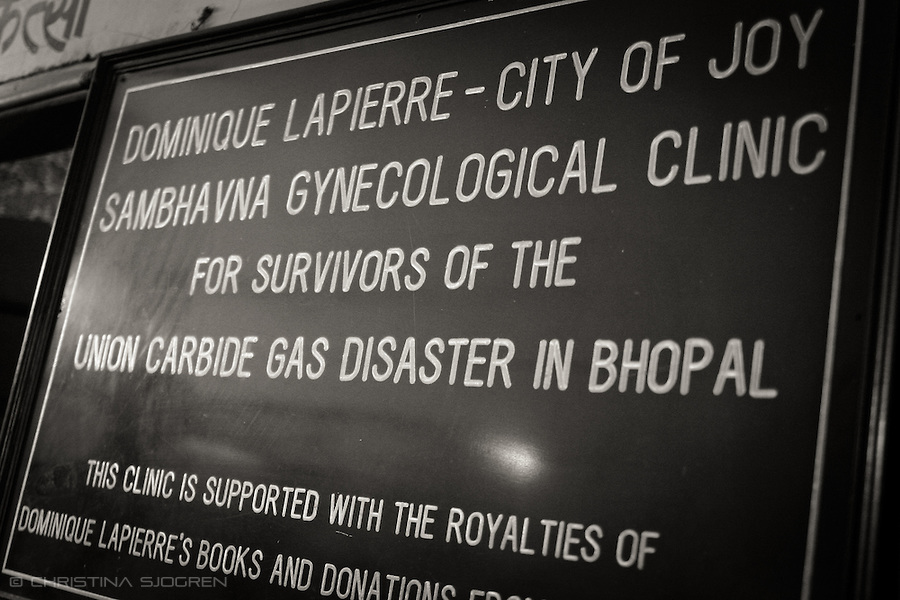
Starting June 23, on the occasion of the 26th session of the United Nations Human Rights Council (UNHRC) session in Geneva, a week of mobilization has been organized by social movements and civil society organizations from around the world to shine a spotlight on the systematic lack of access to justice for victims of abuses committed by transnational corporations (TNCs).
The week of mobilization is also supporting an unprecedented initiative by 85 member states of the UNHRC to establish a legally binding international instrument to stop corporate impunity and provide access to justice for victims of corporate crimes. This reaffirms a long-term demand by social movements and victims that are, in this context, reaffirming the call for the establishment of an intergovernmental working group by the UNHRC mandated to draft and negotiate such instrument.
As part of the week of mobilization, the global Dismantle Corporate Power & Stop Impunity campaign will be convening a number of events designed to amplify the voices of victims of human rights abuses and environmental crimes perpetrated by TNCs. The campaign and its members believe that in order to halt the abusive power of TNCs and to provide effective remedies to victims, an international binding instrument is a crucial necessity.
The campaign’s activities during the week begin on June 23 with a full day session of the Permanent Peoples' Tribunal (PPT, see below). Victims from numerous communities will be present in Geneva to testify at the Tribunal, including people affected by: Chevron in the Ecuadorean Amazon; Shell in Nigeria; Glencore in the Philippines, Zambia, Peru and the Democratic Republic of the Congo; Pacific Rim in El Salvador; Lonmin in South Africa; Mekorot in Palestine; Coca-Cola in Colombia; and Hidralia in Guatemala, among others.
In addition, the campaign will use this occasion to launch its own draft Peoples’ Treaty entitled “Rights to People & Obligations to TNCs,” and to kick off a Global Consultation Process to social movements, grassroots organizations, networks and other campaigns.
The week will continue with a public event on June 24 where witnesses from the PPT will share their testimonies. This will be followed by a day of action in the streets, demonstrating outside of the United Nations’ offices and various headquarters of TNCs in Geneva to publicly demand binding norms for TNCs. Campaign activities will also take place inside the UN at a side event on June 24 where witnesses from the PPT will present statements about their cases.
Through these actions the campaign will expose how the current political and economic structures are inadequate for controlling TNCs. The rights of corporations have long been protected by a legal, economic and political framework – a Lex Mercatoria, composed of Free Trade Agreements and Investment Treaties – that undermines the strength of all juridical norms to protect human rights. The cases that will be heard during the week of mobilization will demonstrate in no uncertain terms that there is an urgent need for a binding treaty to provide victims of TNC abuses access to justice.
In Permanent Peoples' Tribunal, Corporate Giants Go On Trial for Human Rights Abuses – Highlighting the Need for a Global Treaty
Eight transnational corporations, including Shell, Chevron and Glencore, go on trial Monday in Geneva for human rights violations committed around the world. Monica Vargas from ODG-Debtwatch in Barcelona, a main organizer of the tribunal, stated, “The testimony that we will hear Monday proves that a binding treaty is sorely needed in order to provide victims of corporate crimes access to justice.”
The Tribunal will examine cases that confirm that the United Nations’ present business and human rights regime, which relies on voluntary guidelines rather than legal obligations, is woefully inadequate to deal with ongoing corporate violations. The voluntary approach has merely continued the systemic denial of access to justice for the victims of corporate abuses.
The Tribunal’s jury, composed of a panel of experts including international lawyers, members of parliament and prominent academics, will hear the testimony of victims’ representatives and present a conclusion about the operations of the accused corporations according to existing international human rights instruments and the fundamental need of access to justice.
”It is disturbing that governments in the European Union, Switzerland, Japan, Canada and the United States are more concerned with defending the interests of their corporations than the human rights of peoples,” said Brid Brennan from the Transnational Institute and the Global Campaign to Dismantle Corporate Power.
Fr. Joy Pelino from the Filipino movement opposing Glencore/Xstrata's (GX) activities in the Philippines stated that the “company has committed numerous human rights violations including the killing of Bla'an leaders and some members of their family who oppose mining activities in the area, and has desecrated people's freedom, dignity and identity.”
Pelino asserted that "GX's monstrosity should be stopped and justice needs to be served now.”
The judges for the session include the law professor and researcher Juan Hernandez Zubizarreta, from Hegoa Institute, Basque Country; Francesco Martone, jurist and Senator in the Italian Parliament; Roberto Schiattarella, professor of economics and vice-president of the Lelio Basso Foundation; and Jean Ziegler, former sociology professor, former member of the Swiss Parliament, and former UN Special Rapporteur for the Right to Food.
Launched in June of 2012, the The Global Campaign to Dismantle Corporate Power was established to facilitate a cooperative movement of solidarity between existing local, national and global movements and networks in order to increase the visibility of resistances to transnational corporations (TNCs) violations around the world. Find out more and get involved in the week of resistance.
3 WAYS TO SHOW YOUR SUPPORT
- Log in to post comments













